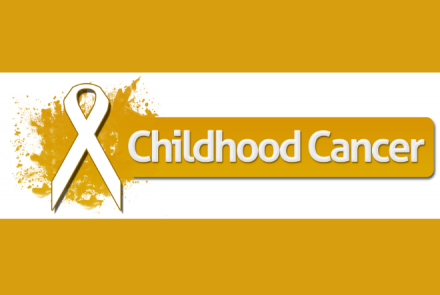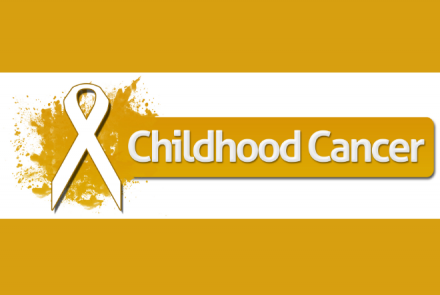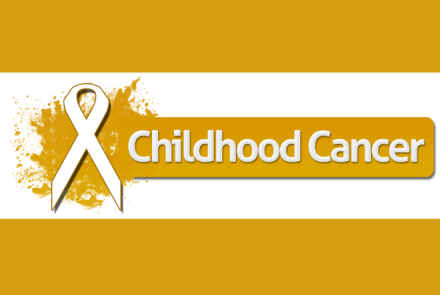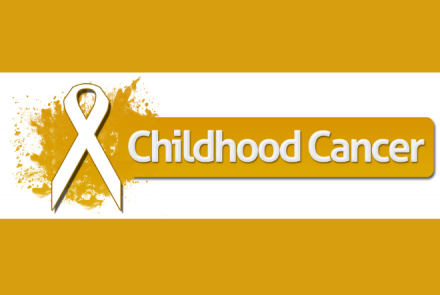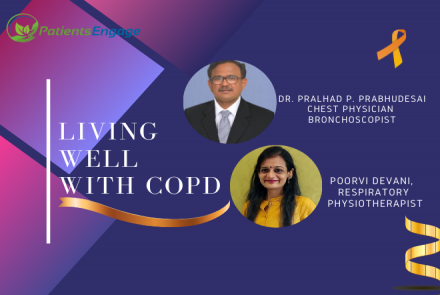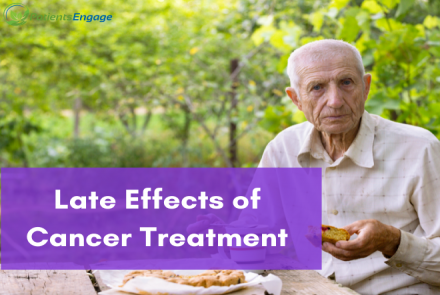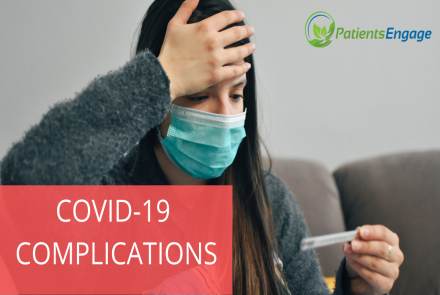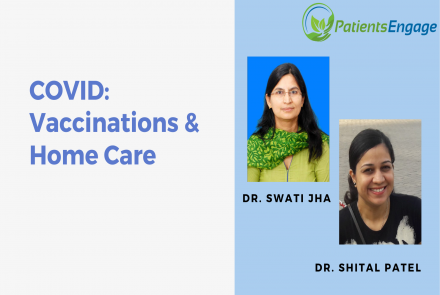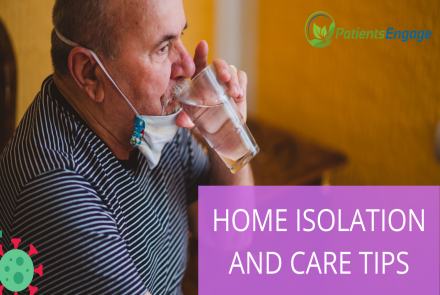Prevention
There is not much one can do to prevent childhood cancers. There are a few risk factors that can be avoided such as preventing the child’s exposure to smoke(second hand), excessive sun, toxic fumes, radiation and hazardous chemicals. Prevent Obesity by encouraging healthy eating habits and physical activity to stay fit. If there is a known inherited gene defect, prophylactic surgery may be considered.
Currently there is no screening for childhood cancers.
Latest Stories
- Symptoms of Pediatric/ Childhood Cancers Many symptoms and signs can be non-specific in kids and often be due to other illnesses. The Pediatric Oncology Resource Center uses an apt acronym (CHILDCANCER) to describe the symptoms: Continued, unexplained weight loss Headaches, often with early morning vomiting Increased swelling or persistent pain in the bones, joints, back, or legs Lump or mass, especially in the abdomen, neck, chest, pelvis, or armpits Development of excessive bruising,…
- Although the exact etiology of childhood cancer remains unknown, there are may risk factors that can predispose children for developing cancer. These are broadly categorised as: Genetic - Certain cancers like Retinoblastoma and Wilm’s tumor have a genetic link, which means that the children are born with a specific gene mutation inherited from a parent. Not all childhood cancers occur from an inherited mutation but can be due to a mutation that occurs early in life, maybe even in the womb. Such…
- According to the WHO, approximately 400,000 children (aged 0-19 years) are diagnosed with cancer every single year. While high-income countries have an 80% cure rate for children, in low-income countries the cure rate is estimated to be merely 15-45%. Childhood cancer cancers , also called Pediatric cancers are cancers that affect children from the birth to adolescence. Most of these cancers are quite rare and behave differently than they do n adults. References: World Health Organisation.…
- Living with COPD is tough but with interventions like pulmonary rehabilitation, physical activity, self-management, and nutrition, it is possible to improve social and mental well-being. Understand the causes, complications, management options with our panelists: Dr. Pralhad P. Prabhudesai, Chest Physician and Bronchoscopist Poorvi Devani, Respiratory Physiotherapist Note below the time stamps of the video recording (3:19)What is COPD? What are the main types? As the name itself…
- Very little is talked about the late effects and long term effects of cancer therapy. Dr Sushma Agrawal, Professor, Department of Radiotherapy, SGPGI, Lucknow, India addresses questions around late effects in cancer survivors and the impact on quality of life. The intent of this article is to ensure that patients and their families are prepared and can discuss this with their physician and to take pro-active steps to prevent or manage these effects. 1. In your opinion, time-wise,…
- While most people have a mild case of Covid and recover reasonably quickly, some people are reporting complications like mucormycosis, hyperglycemia. low BP. Dr Swati Jha, lists down some of the common complications that Covid-19 patients are seeing during and after COVID-19. This is the first of the two-part series. Hyperglycemia A large percentage of hospitalized Covid patients (50% from one study) were found to have hyperglycemia (high blood sugar levels) on admission. This is termed acute…
- There are still so many questions on vaccinations and home care, isolation and quarantine. We bring together Dr. Swati Jha and Dr. Shital Raval Patel for an interactive session to address these questions. Dr. Swati Jha, Public Health Director at Reliance Foundation and Dr. Shital Raval Patel addressed a wide range of questions and concerns on vaccinations and home care for COVID-19 patients, including mucomycorsis (also known as black fungus), eligibility for vaccinations, time interval, covid…
- Mild cases of Covid-19 can be managed at home. Dr. Shital Patel explains the protocols for home isolation and how to care for a Covid-19 patient at home with mild symptoms. How to monitor and when to seek medical attention. Who should Isolate? Patients who have tested positive for Covid-19. After evaluation by a medical officer, mild and asymptomatic patients should continue to isolate at home. Patients who have Covid-like symptoms but have tested negative. Who should quarantine? (This…

